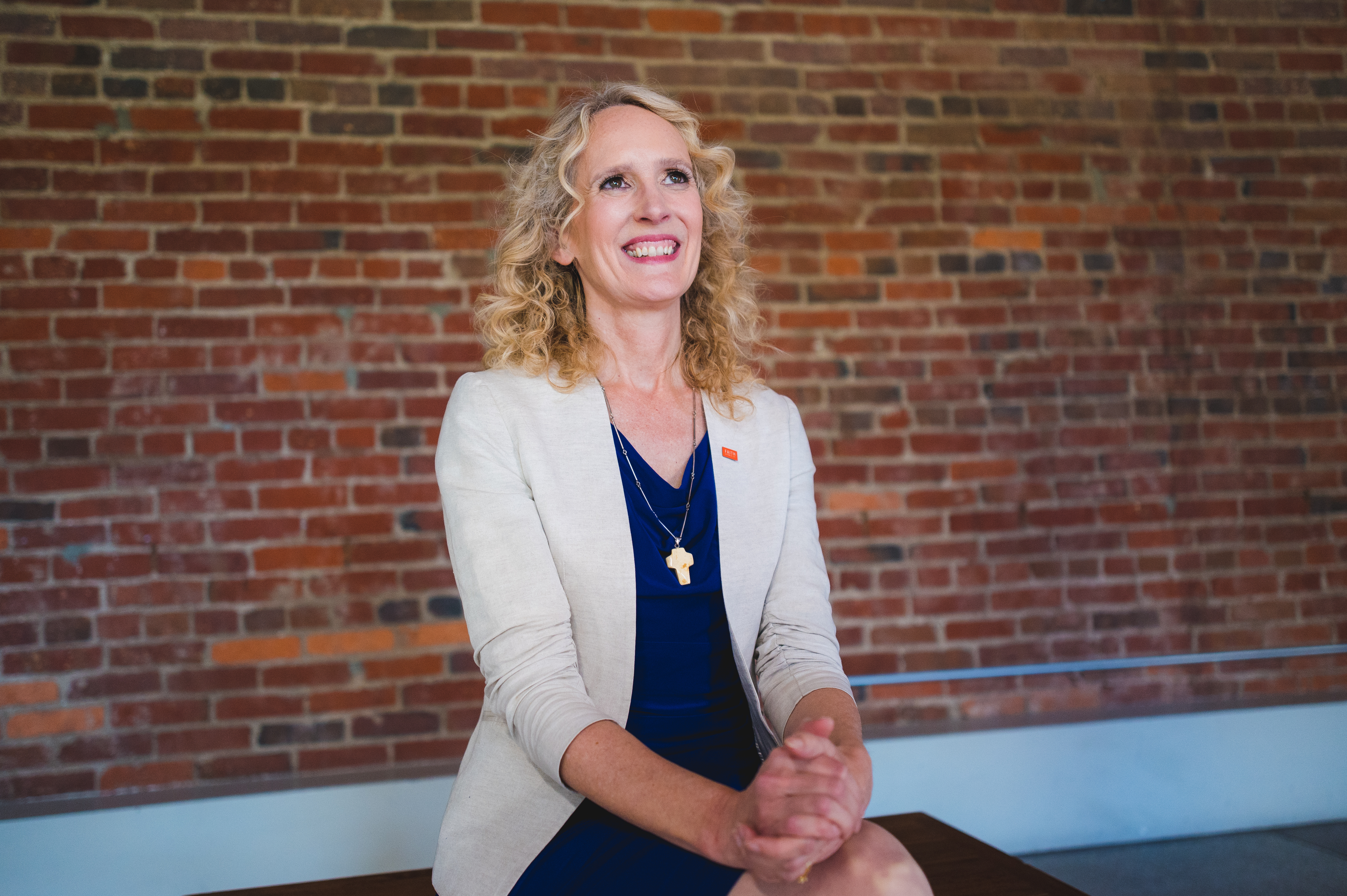This week I’m going back to Mary Oliver’s poetry collection called Thirst. It is a great read for Holy Week. Today’s poem is “The Uses of Sorrow.”
Someone I loved once gave me
a box full of darkness.
It took me years to understand
That this, too, was a gift.
Today we have inherited a box full of darkness. It may take us years to understand it. While the pain is not in itself a good, perhaps the understanding that comes with it can be.
This week we revisit the cross. It reminds us of all the pain and suffering and death in this world caused by our failure to love. Our fear of love. Our inability to receive it. Our choice of greed and oppression over and against community. The cross is also a reminder that when we choose to love, rather than to be numb or fear others, we risk pain. We are Christ, suffering injustice. We are the women weeping at the foot of the cross.
God doesn’t give us the cross. God gives us the resurrection. The cross was the result of human brokenness. But God is willing to go to Golgotha to teach us how to love; to show us that death does not need to have the last word, that we can become something new.
Could pandemic be a chance to consider what curtain lies between us and the holy? Can it be rent in two? God is not the author of our pain but in our pain and alienation God calls us to come closer to each other and the divine presence. What does this pandemic reveal about our brokenness and our potential for resurrection?
For me the silence of a world coming to a halt reminds me that I often am busy with so many things that I fail to hear the still small voice that calls me to something new. My anxiety drives me to busyness but for what? This social distancing asks me: can I settle and go deeper?
In a culture that is increasingly nationalistic and individualistic many of us see more clearly that how the world is one. Disease knows no boundaries. We are interconnected by our suffering and through how well (or poorly) we respond. What happens to one person, one nation, impacts the other no matter how far away. We mourn together. We must act together. We rejoice together. We succeed together, or we fail together.
As we carry the cross of pandemic, we see that broken policies have led us down a Via Dolorosa. Our racist fears and sense of scarcity lead national leaders to consider the deportation of DACA students, who are a large percentage of our health care workers. Our system is gutted because of partisanship and prioritization of profit in health care. All this bitterness stands revealed against the pain of the cross.
 Pandemic also reveals the beauty of humanity and life itself. A mighty international city once again pulls together in crisis despite predictions it will fall apart with the nightly applause for healthcare workers echoing in the canyons between rows of brownstones and skyscrapers. The neighbor up the street collects fabric to make masks for healthcare workers. The dog walker runs errands for the elderly. The dad now has time to skateboard down the quiet streets with his daughter. The couple on the porch gives a concert to neighbors. A civil servant speaks out courageously and diplomatically. A company lessens its own profits to serve employees or deliver health care supplies for the greater good. A retired nurse or doctor returns to service.
Pandemic also reveals the beauty of humanity and life itself. A mighty international city once again pulls together in crisis despite predictions it will fall apart with the nightly applause for healthcare workers echoing in the canyons between rows of brownstones and skyscrapers. The neighbor up the street collects fabric to make masks for healthcare workers. The dog walker runs errands for the elderly. The dad now has time to skateboard down the quiet streets with his daughter. The couple on the porch gives a concert to neighbors. A civil servant speaks out courageously and diplomatically. A company lessens its own profits to serve employees or deliver health care supplies for the greater good. A retired nurse or doctor returns to service.
In acts of everyday kindness and sacrifices big and small we come through this more spiritually grounded, more compassionate, more creative. More resolved to live together peacefully and with justice. That is the opportunity God presents to us during Holy Week. Death and suffering are part of this broken world that God seeks to heal. God walks with us, teaching us how to truly live. Are we listening?













